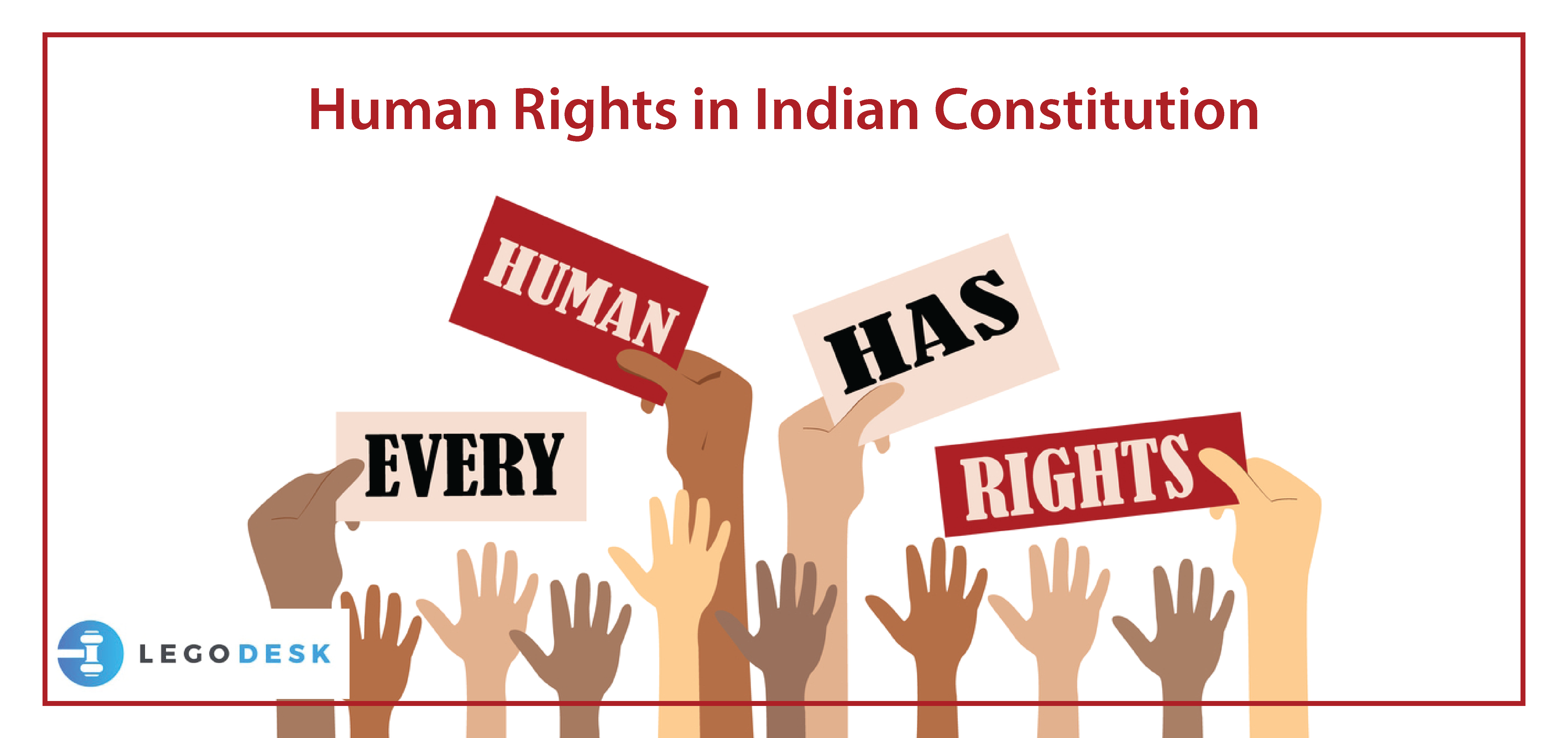Overview
Human rights are kinds of freedoms constituted by custom or international agreement that impose standards of conduct on all the nations. It may distinct from civil liberties, which are the type of freedom constituted by the law of a particular state and applied by that state or Nation in its own jurisdiction.
Human rights are normally considered as “inalienable fundamental rights to which a person is inherently entitled simply because he or she is born as a human being.”
Human rights are basic rights or principles which a person has just simply because he/she is human regardless of their origin, country, religion, language, or any other status or also how they chose to live from birth until death. These values are defined and protected by law. Human rights are relevant to all of us, not only those who face repression or mistreatment. Only because of these rights you can express your opinions, can have education, can have a private and family life, and you can not be mistreated or wrongly punished by higher authority.
The tryst to make India’s Constitutions a viable instrument of the Indian people’s salvation, and to secure all individuals basic human rights, is implicit from the promise given in the Preamble of the Constitution, fundamental rights (part III of Indian Constitution), directive principles of State Policy (Part IV of Indian Constitution), and various other provisions of the constitution.
Read Also: Fundamental Rights and Constitutional Rights of Indian Citizens
To quote Granville Austin:-
“The constitution was to foster the achievement of many goals. Transcendent among them was that of social revolution. Through this revolution would be fulfilled the basic needs of the common man, and, it was hoped, this revolution would bring about fundamental changes in the structure of Indian society.”
BASIC CHARACTERS OF HUMAN RIGHTS-
- Human rights are INHERENT because they are not granted by any authority, they are not to be bought, earned, or inherited; they simply belong to us for being human.
- These rights are FUNDAMENTAL and INALIENABLE; that is, they cannot be taken away or can not be forfeited.
- Human rights are IMPRESCRIPTIBLE, i.e., they cannot be lost even if someone fails to use them.
- Human rights are they are enforceable without national border, regardless of sex, race, religion, political opinion, or social origin.
- Human rights are INTERDEPENDENT because the fulfilment of one’s ideas cannot be done without realization of other, not to be misunderstood with INDIVISIBELITY as each right has its own meaning and cannot be divided or denied.
Read Also: Why Human Rights are Important?
Human Rights In Indian Constitution
All Fundamental Rights come under the ambit of Human Rights, but all Human Rights may not fall under this category of the fundamental right. The only difference is between these two is Fundamental Rights has legal enforceability in Court of law while Human rights may or may not.
So, all the rights which are discussed under part III of the Constitution of India shall be fall under the category of Human Rights. Along with part III, some moral principles given under part IV of the Indian Constitution may also fall under this category of Human Right.
There are various Rights defined under some International conventions like UDHR (Universal Declaration of Human Rights), ICCPR (International Convention on Civil and Political Rights), ICESCR (International Convention on Economic, Social and Cultural Right). If we compare these conventions from the Constitution of India, we might found most of the rights were discussed there.
Read Also: Equality for Equals
For example, the 5 most important rights defined under the Universal Declaration of Human Rights are as follows:
| Article 1 | Right to Equality – Article 14 (Constitution of India) |
|---|---|
| Article 9 | Freedom from Arbitrary Arrest and Exile – Article 20 (Protection of Prisoners Right) |
| Article 10 | Right to Fair Public Hearing |
| Article 11 | Right to be Considered Innocent until Proven Guilty – Principle of Natural Justice (Implied widely in Indian Constitution) |
| Article 12 | Freedom from Interference with Privacy, Family, Home, and Correspondence – Article 21 (Constitution of India) |
Unlike there are various Human rights were there which directly or indirectly are the part of the Constitution of India. As all six fundamental rights prescribed in the constitution, i.e., Right to Equality, Right to freedom, Right against exploitation, Right to profess Religion according to their choices, Minority Rights, lastly Constitutional Remedies All are the human rights as well along with Fundamental Rights. In Constitution of India, there are near about 18 Rights were discussed under part III from Article 12-35 and near about 16 moral Principles are given under Directive Principle of State Policy under Part IV of Constitution of India. Unlike Human right, the principles discussed in part IV also does not justiciable in a court of law but considered as very important rights for the progress of each and every individual.
Read Also: Fundamental Rights During Emergencies
Conclusion
The main objective of human rights lies at the heart of the United Nations, or we said that is the mission part of the United Nation for emphasizing some basic needs for everyone. Along with that life in freedom, security, and prosperity is amongst the main right under this for the motive of welfares of society at large. It basically provides the hopes of millions of people for life with freedom, with security, and prosperity. The principles discussed in UDHR has the same value today as it was on the day it was adopted.
“ In the Universal Universal Declaration Declaration of Human Rights, the United Nations has stated in clear and simple terms the rights which belong equally to every person.
These rights belong to you.
They are your rights.
Familiarize yourself with them.


